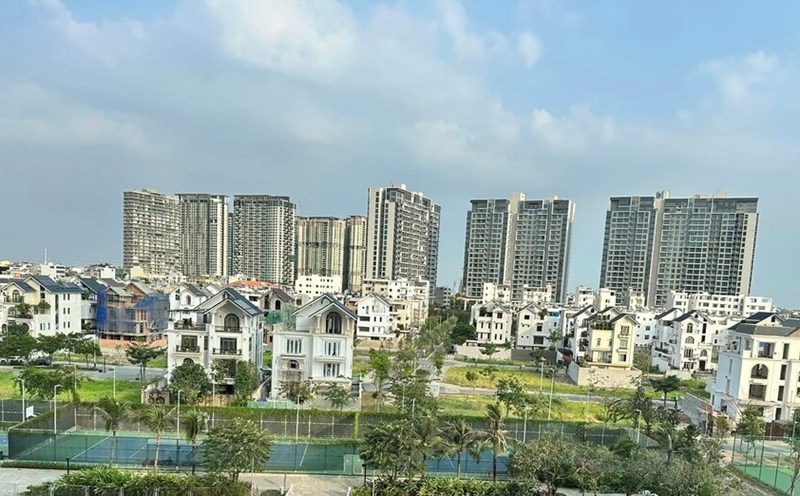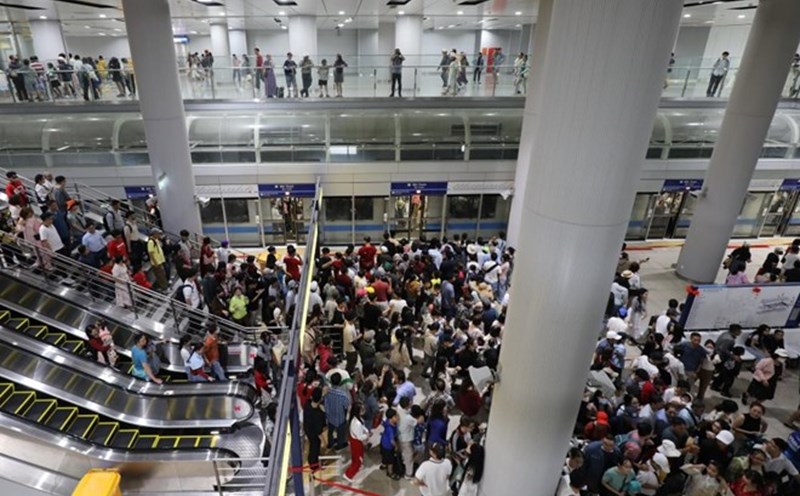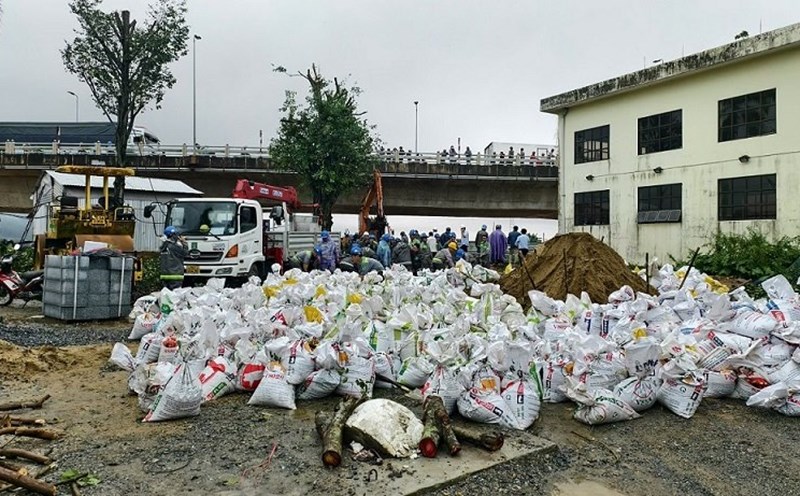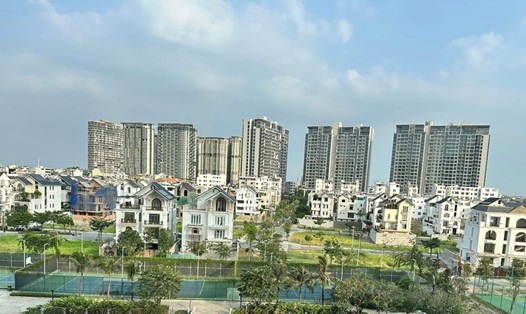Voters in Quang Tri province reflected that after the merger of provincial-level administrative units, a large number of cadres, civil servants, public employees, and workers had to travel a long distance of hundreds of kilometers to work at the new facility in the new administrative center.
Although the locality has paid attention; however, because of this shift, prices of goods at new administrative centers tend to increase, from land prices, housing, house rental prices to prices of essential services... which has caused the cost of living to increase significantly, greatly affecting the lives and activities of cadres, civil servants, public employees and workers.
Voters requested the Government to direct the Ministry of Construction, the Ministry of Industry and Trade and relevant ministries and branches to have solutions to control the market, especially land prices, housing and essential living services, to stabilize the lives of cadres, civil servants, public employees and workers.
After studying, the Ministry of Construction responded as follows:
In recent years, the real estate market in many provinces and cities across the country, especially in large cities and rapidly urbanizing areas, has seen many complex developments with unstable factors, affecting people's access to housing and the healthy development of the real estate market.
In large urban areas, housing prices have increased sharply, many places far exceed the affordability of the majority of people, especially low- and middle-income groups, salary groups such as workers in enterprises, cadres, civil servants, and public employees.
In reality, in many cases, real estate prices do not properly reflect the actual supply and demand laws but are dominated by speculative activities, affected by non-transparent planning information, adjustment of administrative boundaries, crowd psychology, etc.
The above reality requires the need for appropriate and timely solutions to control the real estate market, especially solutions to regulate the structure of housing products, land and housing transaction prices to create conditions to meet practical housing needs, stabilize the lives of people, workers, cadres, civil servants and public employees; overcome shortcomings, ensure a stable and healthy real estate market development; contribute to the implementation of social security and macroeconomic stability goals, promote the goal of strong and sustainable growth. This is an urgent goal, but the implementation is a long-term solution and requires a strategic solution to handle it.
Based on those requirements and tasks, the Ministry of Construction is currently presiding over and coordinating with relevant agencies to implement and propose to the Government to implement the following tasks and solutions in the coming time:
Continue to research, review, and complete legal documents on housing, real estate business, urban and rural planning, construction, etc. to remove difficulties and problems arising in practice.
Continue to inspect and urge localities and businesses to promote investment in social housing construction, ensuring the goal of completing at least 01 million social housing units by 2030.
Develop and submit to the Government for promulgation a Decree amending Decree No. 94/2024/ND-CP on the construction and management of information systems and databases on housing and real estate markets to serve as a basis for developing and operating a national database on housing and real estate markets.
Research and propose pilot mechanisms and policies for the model "Real estate transaction center and land use rights" managed by the State to enhance the publicity and transparency of real estate transactions.
Preside over and coordinate with the Ministry of Finance to promptly complete the legal framework and procedures to establish a National Housing Fund.
Develop and submit to the Government for promulgation a Resolution on a mechanism for controlling and curbing real estate prices.
The development of the Resolution aims to: Establish a specific legal mechanism to control, regulate and gradually reduce housing real estate prices to a level suitable for the income of the majority of people, especially the appropriate and average income groups; regulate the real estate market in the direction of publicity, transparency, strictly control speculation and price manipulation; form a synchronous policy system on land, investment, planning, credit, taxes and select investors to strongly develop affordable housing; control the profit margin of enterprises in this segment is a key solution to lower product prices; contribute to creating a suitable supply of commercial housing at prices, adjusting the market structure that is currently unbalanced, thereby reducing the general price level, increasing people's access to housing; creating a stable and important social situation, ensuring social security and social security.











